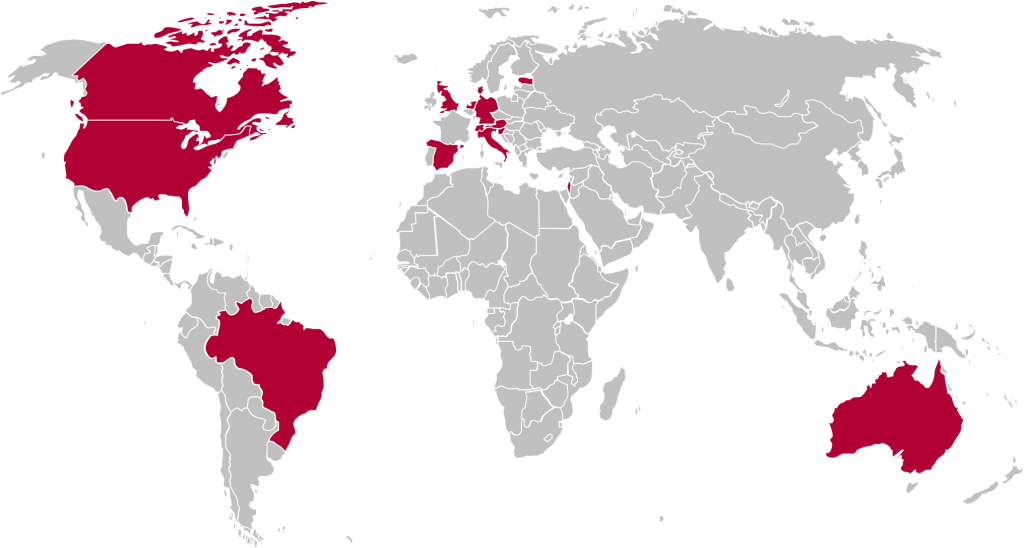Research Method
Delphi studies are an established qualitative research method suitable for explorative endeavors such as forecasting, issue identification as well as concept and framework development (Skinner et al., 2015). They strive for reaching consensus on a specific topic in a group of experts by means of intensive questionnaires interspersed with controlled opinion feedback over multiple rounds (Dalkey & Helmer, 1963). In the last years, several Delphi setups have been proposed such as ranking-type, classical, decision, and policy Delphi (Paré et al., 2013). The most popular setup is the ranking-type Delphi, which includes three steps: brainstorming, narrowing-down, and ranking.
Study Design
In order to examine BPM in the digital age, we opted for a two-stage Delphi design that draws from the blueprint of ranking-type Delphi studies. The first phase was directed toward the identification of relevant challenges/opportunities for BPM in the digital age to establish common ground in the panel. In the first phase, we gathered initial input in round 1 through brainstorming and validated it in round 2. In round 3, we let the experts shortlist the most important challenges/opportunities for BPM in the digital age. In the second phase, we used the shortlisted challenges/opportunities as foundation for exploring BPM capability areas. The second phase started with brainstorming BPM capabilities in round 4. Based on experts' feedback, we validated and consolidated the set of capabilities in rounds 5 and 6.

Expert panel
Striving for a holistic perspective on BPM, we were happy that 29 renowned BPM experts – 15 researchers and 14 practitioners – volunteered to participate in the study. The experts had various academic backgrounds and covered all relevant streams in the BPM discipline. In addition, they represented five continents.
